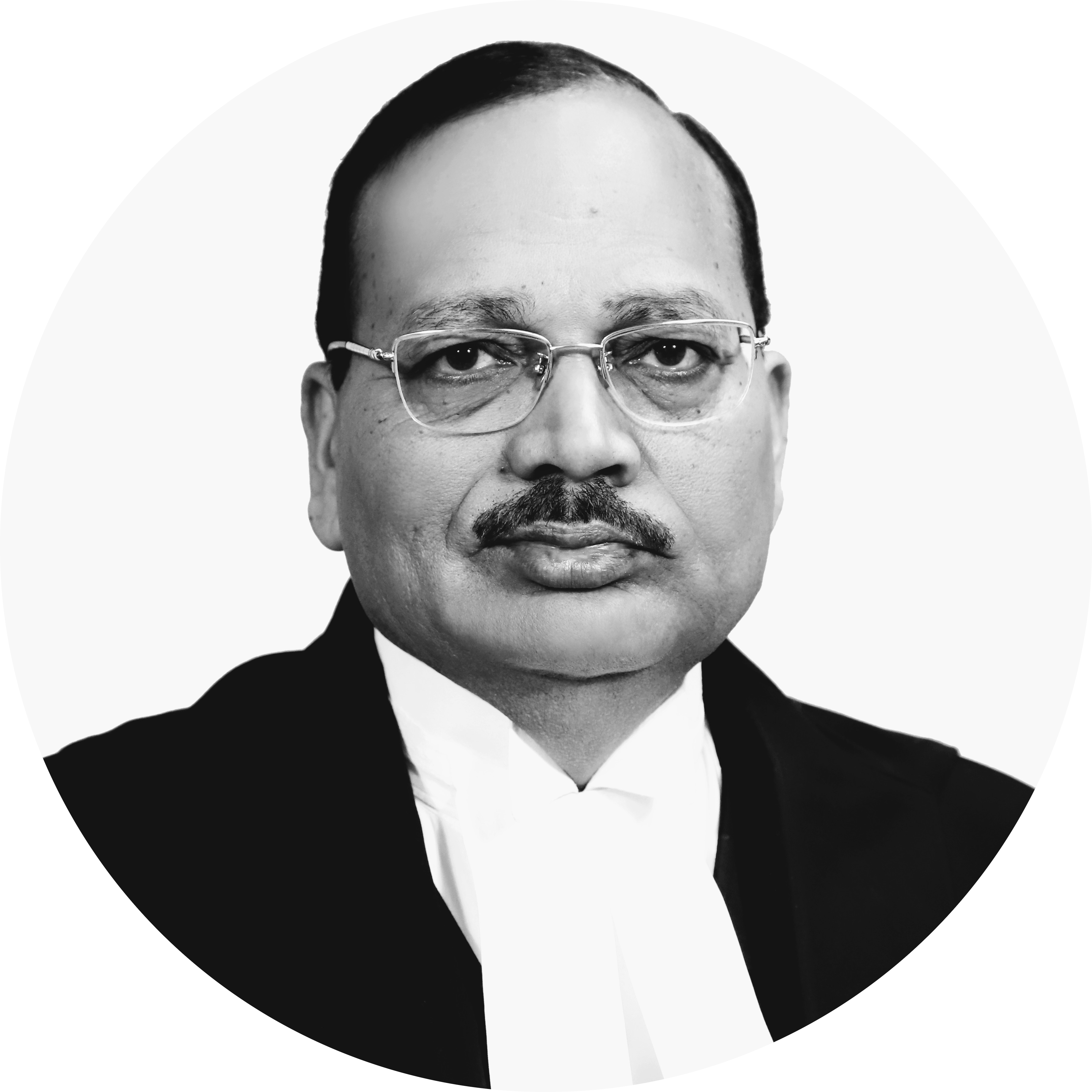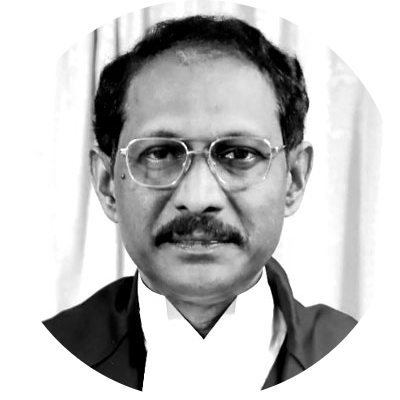Review of the SC’s ‘Vijay Madanlal’ judgement
Karti P. Chidambaram v Enforcement Directorate
The Supreme Court will partly review its decision in Vijay Madanlal Choudhary v Union of India, which upheld various provisions of the Prevention of Money Laundering Act.
Pending
Parties
Petitioner: Karti Chidambaram
Lawyers: Senior Advocate Kapil Sibal; Shally Bhasin, AOR
Respondent: Enforcement Directorate; Union of India
Lawyers: Solicitor General Tushar Mehta; Mukesh Kumar Maroria, AOR
Case Details
Case Number: R.P. (Crl) 219/2022
Next Hearing: October 16, 2024
Last Updated: March 5, 2025
Key Issues
Is the Enforcement Directorate obligated to provide the accused with the ECIR filed against them?
Is the reversal of the presumption of innocence in money laundering cases constitutionally valid?
Case Description
On 27 July 2022, in Vijay Madanlal Choudhury v Union of India, a three-judge bench led by Justice A.M. Khanwilkar and comprising Justices Dinesh Maheshwari and C.T. Ravikumar upheld all the challenged provisions of the Prevention of Money Laundering Act, 2002 (PMLA). The Act grants wide powers of investigation and arrest to the Enforcement Directorate (ED).
The Court, in Vijay Madanlal, held that ED inquiries are different from criminal investigations. This means that a host of procedural requirements and safeguards that apply to the police under the Code of Criminal Procedure, 1973 (CrPC) do not apply to the ED. Further, the ED is not required to provide an accused with the Enforcement Case Information Report (ECIR). The judgement held that this was an ‘internal document’ and not the money laundering equivalent of a First Information Report that must be supplied to an accused under the CrPC.
The judgement also upheld the stringent bail conditions under the PMLA. Under the Act, it is on the accused to prima facie prove their innocence to be granted bail. The PMLA effectively reverses the burden of proof.
When the judgement was delivered after 20 days of hearings, Senior Advocate Kapil Sibal, who argued for the petitioner Karti P. Chidambaram (one of many Opposition leaders accused under PMLA), had presciently said: ‘My experience tells me, Milords, matters are never concluded’.
On 23 August 2022, Chidambaram filed a review petition against the decision in Vijay Madanlal.
The petition contended that the Court had not adjudicated on the question of whether amendments to the PMLA can be made by Parliament through a Money Bill. Various provisions of the PMLA had been amended in this manner.
The petition further challenged the Court’s interpretation of Section 3 of the PMLA. In Vijay Madanlal, the Court had essentially noted that an offence of money laundering can be made out even if the accused did not attempt to misrepresent the ‘proceeds of crime’ as ‘untainted’. The review petition argues that “projecting or claiming [proceeds of crime] as untainted property” is an essential ingredient of the offence of money laundering.
The petition challenged Vijay Madanlal’s observation that ED officers are not police officers. The Court had reasoned that, unlike police officers who only have the responsibility to investigate and punish offenders, ED officers have an added responsibility to ‘prevent’ money laundering. The petition argues that the PMLA is essentially a criminal law, and police officers under all criminal laws have a duty to prevent the commission of crimes.
The petition challenged Vijay Madanlal’s holding that the CrPC did not apply to the ED. The state’s argument is that since the ED is not bound by the CrPC, the ECIR—essentially the PMLA’s equivalent of the FIR— may not be supplied to the accused on demand. The petition batted in favour of the application of the CrPC’s procedures in PMLA cases, on the ground that the CrPC was an “integral part of ‘the procedure established by law’ under Article 21.”
The petition also disputed Vijay Madanlal’s decision to uphold Section 45, the bail provision of PMLA. It argued that the reversal of the presumption of innocence under PMLA amounted to pre-trial incarceration and violated the principles of “fair and reasonable procedure” under Article 21.
Vijay Madanlal had also upheld the twin conditions of Section 45. The twin conditions are that the accused must prove prima facie that they were not guilty, and satisfy the court that they will not commit any further offence. The petition argues that the twin conditions were struck down in Nikesh Tarachand Shah v Union of India (2017) for violating Article 21. Vijay Madanlal, while disagreeing with Nikesh Tarachand Shah, had equated terrorist acts with the offence of money laundering, even though legislators had viewed money laundering as a less heinous offence.
Finally, it challenged Vijay Madanlal’s decision to uphold Section 50 of PMLA, which provides that the statements of an accused can be admissible as evidence. The review petition argued that this violated the right to remain silent and opened up the possibility of “testimonial compulsion.”
On 25 August 2022, a three-judge bench led by then Chief Justice N.V. Ramana and Justices Dinesh Maheshwari and C.T. Ravikumar decided to review the judgement. Despite the various contentions in the petition, the review is limited to only two questions:
- Is the Enforcement Directorate obligated to provide the accused with the ECIR filed against them?
- Is the reversal of the presumption of innocence constitutionally valid?
Between October 2023 and April 2024, five review pleas were tagged with the case. These were filed by PMLA accused Amanpreet Singh Gandhi, Jagjit Singh Chahal (accused in a multi-crore synthetic drug racket), Nama Seethaiah (founding director of Madhucon group accused in Rs. 90 crore bank fraud), Congress leader Sarwan Singh Phillaur, and one Bharat Das Vaishnav.
On 7 August 2024, a bench of Justices Surya Kant, Ravikumar and Ujjal Bhuyan listed the matter to be heard on 28 August 2024. Justice Ravikumar is the only judge who was part of the original bench that decided Vijay Madanlal. Subsequently, the matter was listed for 16 October 2024. The matter may continue to be heard on 17 October 2024.



